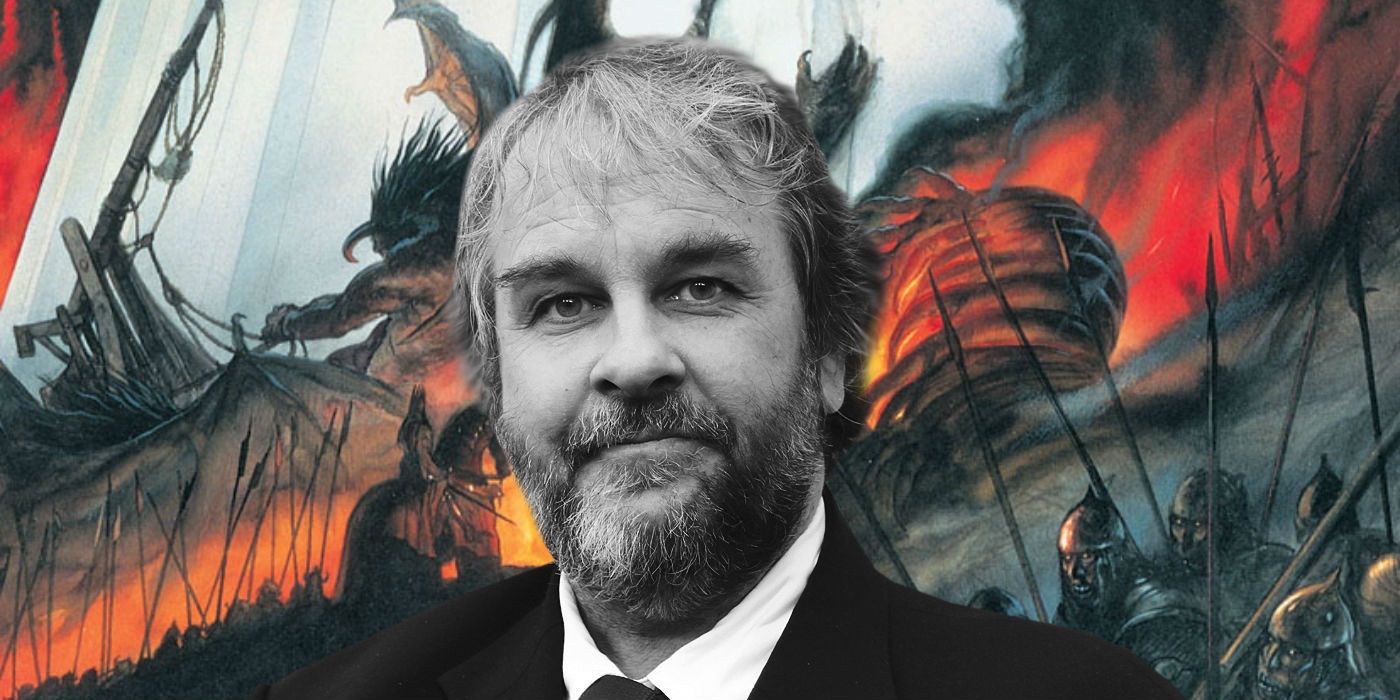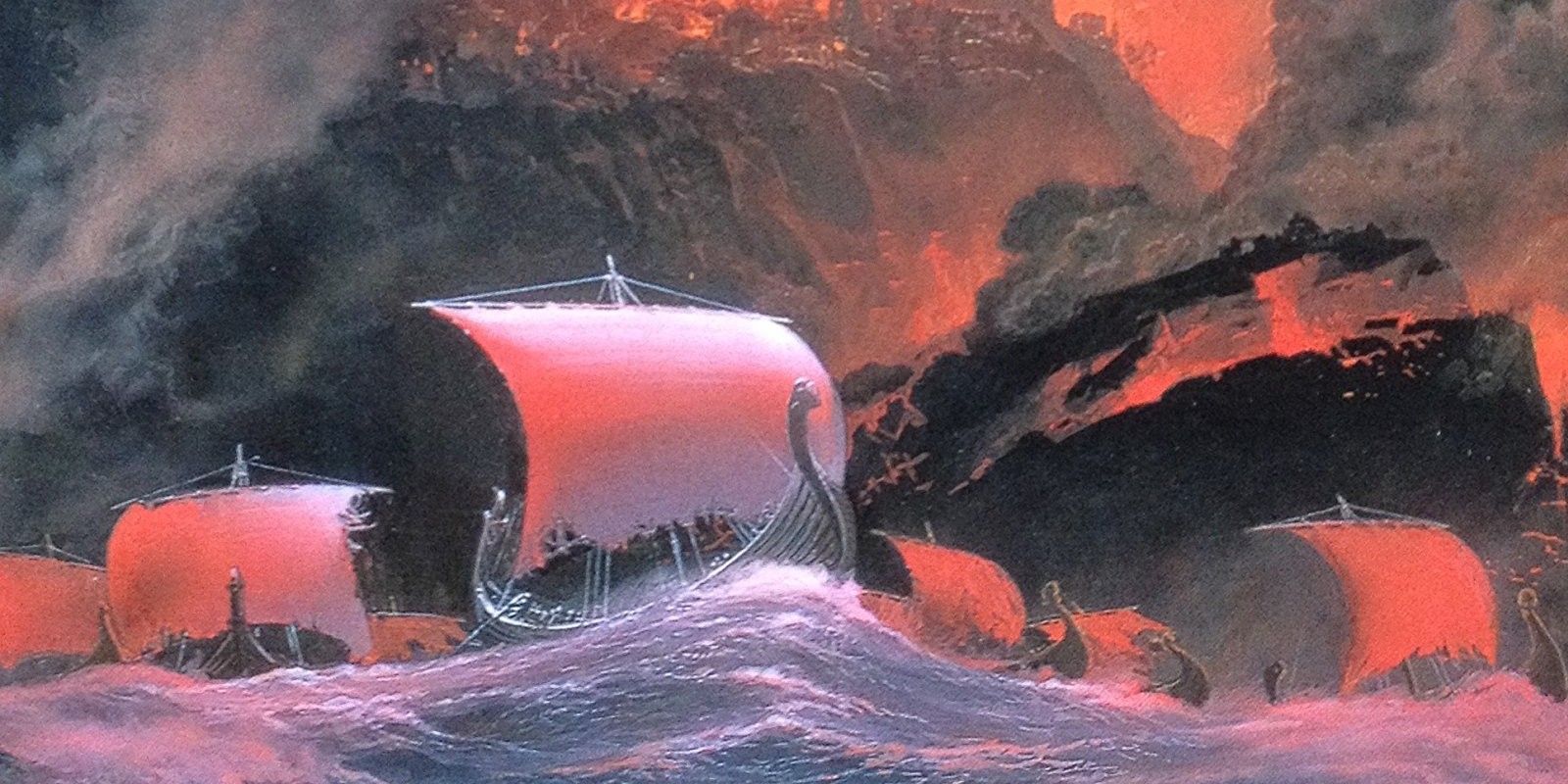Peter Jackson adapted The Lord of the Rings and The Hobbit, so why couldn't he adapt The Silmarillion? J. R. R. Tolkien's first Middle-earth adventure was The Hobbit, published in 1937 to much acclaim. The first installment of The Lord of the Rings followed in 1954 and earned the author even greater fame and fortune. While these two works form the bulk of Tolkien's literary legacy, a third release had been in the works since the author first conceived the concept of Middle-earth - The Silmarillion. After completing and releasing The Lord of the Rings, Tolkien returned to his notes and plans for The Silmarillion, some of which were decades old, but sadly died before he finished compiling them into the final work. Tolkien's son, Christopher, later completed his father's incomplete collection, and The Silmarillion was finally released in 1977, some half a century in the making.
Unlike The Lord of the Rings and The Hobbit, The Silmarillion is not one single narrative from start to finish. Instead, the book is a compilation of tales and legends from Middle-earth's history that expand upon certain key events in the First and Second Age and that led to the happenings in Tolkien's more famous novels. These stories include Morgoth, the old master of Sauron, and delve into the more religious aspects of Middle-earth that heralded the arrival of Gandalf, Saruman and the other wizards. Although largely unknown to casual fans, The Silmarillion is key in understanding Tolkien's world.
After Peter Jackson adapted The Lord of the Rings to financial, critical and Academy award success, he set about turning the 400-odd page The Hobbit into a further 3 cinematic ventures. Many might've expected adapting The Silmarillion to be Jackson's next logical step, but there has been no movement in that respect. This is because the rights to The Silmarillion are under different ownership to the other two properties. Movie rights for The Hobbit and The Lord of the Rings were sold in the 1960s and passed around, eventually falling to the Tolkien Enterprises licensing company where they remain to this day.
The Silmarillion, however, was never part of this deal and has remained under the control of Tolkien's posthumous estate, run by Christopher Tolkien. Notoriously protective of his father's material, Christopher has constantly championed the original books over all else and was distinctly unimpressed with Jackson's movies, believing them to be too action-orientated and pandering to a mainstream audience by masquerading as typical blockbusters. As such, it's hardly surprising that he has staunchly refused to sell the rights to The Silmarillion and has blocked any advances for a movie adaptation.
Despite the divisive reaction to the The Hobbit trilogy, there is very clearly money to be made in a Silmarillion movie. Although the book is a collection of stories, rather than a cohesive narrative, there are several possible methods of translating the work into live-action. New Line could either produce another trilogy, with each film focusing on a different story, or produce one or two movies focusing on the "Quenta Silmarillion" section of the book, which includes the epic tale of Morgoth and the three Silmaril jewels.
Despite being an impossibility for many years, a Silmarillion movie is more likely now than even before, as Christopher Tolkien is no longer in charge of his father's estate. Perhaps not by coincidence, Amazon announced their Lord of the Rings Second Age TV series at around the same time, suggesting that the door is now open to more screen adaptations of Tolkien's works, particularly those set prior to The Hobbit.
Amazon's The Lord of the Rings series is currently without a release date. More news as it arrives.


